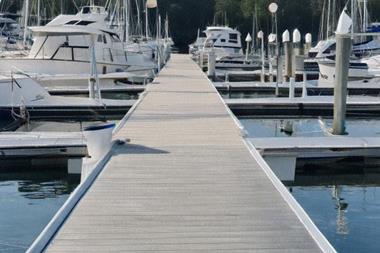Aviva Investors’ real estate multi-manager arm and a pension fund are investing in an unconstrained, liability-matching UK real estate fund.
Aviva Investors Global Indirect Real Estate is the cornerstone investor in AEW UK’s Real Return Fund, having committed £42.5m (€54.6m). An unnamed UK pension fund has also committed £20m.
The open-ended fund will seek to create a real estate portfolio designed to match UK pension fund liabilities.
AEW UK said the fund will invest across sectors, including alternative property types, and will be “unfettered” by a property market benchmark.
Most core real estate funds in the UK have their performance measured against MSCI’s UK IPD benchmark, encouraging them to create similar portfolio weightings, but the Real Return Fund will be unconstrained.
Ian Mason, portfolio manager of the fund, said: “The fund is challenging the way investors can think about property as a real asset and match for liabilities.
“Property portfolios should be dynamic and reflect the growth in the real economy, rather than following a static benchmark.”
Mason said Aviva Investors recognises “that, increasingly, property does not work as a pure ‘growth’ asset, with the inherent volatility from funds all chasing the same benchmark”.
John Gellatly, head of EMEA for indirect real estate, said the strategy “matches the return objectives and liability matching requirements of many of our clients who, as mature pensions schemes, are seeking long-term, relatively stable returns.”
The vehicle, structured as a Property Authorised Investment Fund, will aim to deliver a total 4% net real return.
Mason said: “We will aim to deliver better risk adjusted, liability focused returns with cash flow and income growth central to strategy.
“We believe it is property skills, rather than long leases that should ultimately preserve capital and drive performance.
“We are aware that many pension schemes still require the higher returns from defensive growth strategies from real assets to match their inflation-linked liabilities.”
AEW UK said sectors are likely to include ‘alternatives’ such as housing, leisure, healthcare, hotels and social infrastructure.











